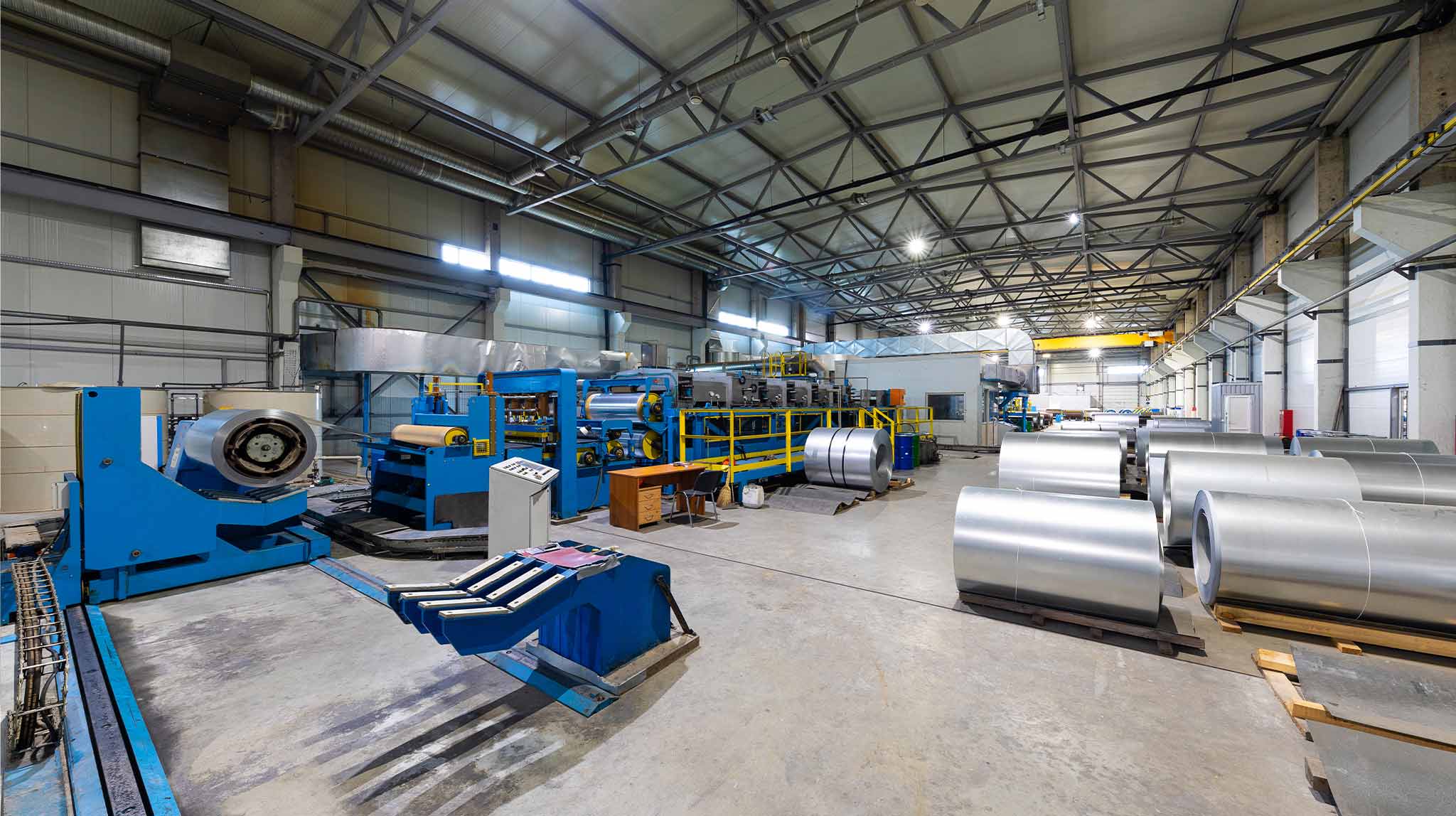Efficient resource management is a cornerstone of economic growth and environmental sustainability. A recent example is the Indian government’s success in raising Rs 2,364 crore by disposing of scrap through the
‘Special Campaign 4.0.’ This initiative not only decluttered government offices but also underscored the value of turning waste into wealth. At the heart of such efforts lies a lesson in economic prudence—a principle
deeply embedded in Jain Metal Group’s approach to recycling non-ferrous metals.
Recycling non-ferrous metals has been the basis of our operations since 1950. For years, we’ve been driven by the belief that waste is simply an opportunity waiting to be realized. Whether it’s recycling aluminum, copper, or lead, the goal is always the same: to create value while minimizing environmental impact.
Learning from Resource Optimization
The government’s initiative involved decluttering 5.97 lakh sites in 2024 alone, demonstrating the scale of what can be achieved with strategic action. By focusing on streamlined resource management, they not only generated substantial revenue but also promoted efficiency across their operations. This is a powerful example of how collective efforts can lead to economic and environmental gains.
At Jain Metal Group, we have embraced similar principles. The metal recycling industry, when approached with the same focus on efficiency and value creation, has the potential to mirror such success. For example, our cable recycling plant in Southeast Asia, the largest of its kind, processes over 10,000 MT of cable scrap monthly. This
operation is a testament to how discarded materials can be transformed into resources for industries, reducing dependency on raw material extraction.
Turning Waste into Opportunity: Jain Metal Group’s Story
Recycling is the bridge between waste and value. When we recycle metals like aluminium, copper, and lead, we are not only reducing the burden on landfills but also conserving natural resources. For instance, recycling one ton of aluminium saves up to 95% of the energy needed to produce it from raw materials. It is a commitment to a
circular economy where waste becomes opportunity, driving both environmental and economic progress.
Here’s how we approach resource management at Jain Metal Group:
👉 Efficient Recycling Processes: By refining metals, we ensure they are reintroduced into the economy with minimal waste and maximum value.
👉 Economic Contribution: Just like the government’s scrap initiative created revenue, our recycling efforts generate new income streams for industries that rely on nonferrous metals.
👉 Environmental Responsibility: Every ton of recycled metal means fewer raw materials extracted, fewer emissions, and a lighter footprint on the planet
Economic Prudence Through Resource Management:Jain Metal Group’s Approach to Sustainability
Why This Matters?
Recycling metals goes beyond immediate economic benefits.
It aligns with broader goals, like:
- Reducing Operational Costs: Recycling is more cost-effective than mining, enabling industries to save on raw material expenses.
- Boosting Employment: The recycling process supports jobs across collection, processing, and logistics.
- Enhancing India’s Global Competitiveness: By promoting recycled materials, Jain Metal Group helps position India as a leader in sustainable practices.
A Shared Vision for the Future
The government’s success in scrap disposal is proof that waste is never just waste—it is a resource waiting to be unlocked. At Jain Metal Group, this belief guides everything we do. By focusing on recycling and resource optimization, we aim to create long-term economic and environmental benefits, much like what the government has achieved. Each ton of metal we reclaim reduces the need for mining, conserves energy, and curbs emissions—benefits that extend beyond the immediate financial gains.
I believe that every step we take in resource management strengthens our economy and protects our planet. It’s not just about running a business—it’s about being part of a larger movement toward a more efficient, responsible future.
This shared journey between industry and governance is what excites me most. Together, we can achieve a more resource-efficient and economically robust India.

